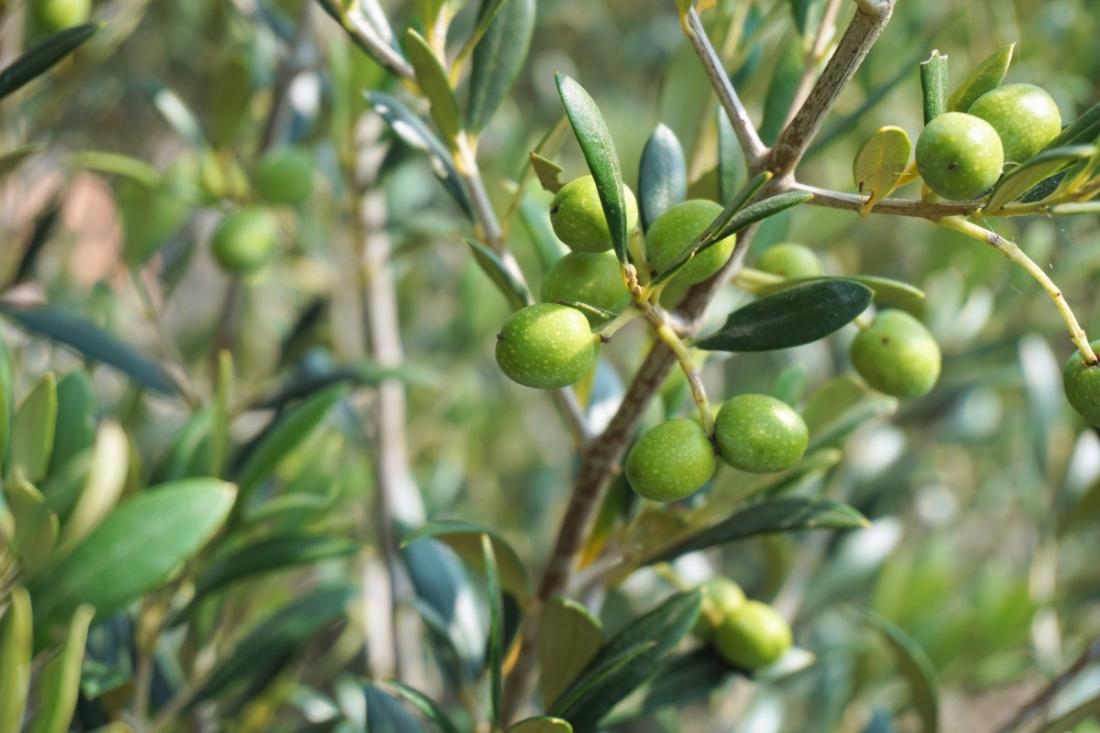STAND Up!: Fibres obtained from olive trees, the Zaituna's solution for the textile supply chain in Italy

Born in Florence few years ago, Zaituna is a project designed to create an artisan production of handcrafted fashion accessories and small furnishing accessories. Those are made from fibres which are obtained from olive tree pruning and developed by giving value to agricultural waste generated by the olive oil industry.
Run by a very young team of product and fashion designers and biologists, Zaituna project is one of the 40 green ventures selected in Italy by Museo del Tessuto di Prato to join the Green Business Model training.
With a Bachelor’s Degree in Product Design and work experiences both in fast fashion companies and later in ethical and sustainable companies, Bianca Turbanti, CEO and founder of the project, developed the idea of connecting her strongest interests such as the world of textile materials, sustainability and the deep connection with the Florentine and Tuscan territory.
"We are increasingly surrounded by objects and clothes with no identity, all the same in price and quality” says Bianca Turbanti. “With the Zaituna project we aimed to create products totally sustainable but even socially connected with the territory they belong”, she adds.
Under these premises, the Zaituna project responds to the need to build alternatives to existing polluting production processes, attentive to the historical period and the socio-economic context in which it is developed. The results are products connected to traditional artisanal companies, assembled by hand with new and natural materials, in a short and transparent production chain.
Zaituna is a first small collection that prefers quality to quantity, which chooses style instead of large-scale production. They even prioritise sophistication to cheap materials by planning to find an alternative to the disposal of olive prunings, experimenting with their reuse in textiles. It all ends up in a sample book of blended fabrics and three prototypes of fashion accessories.
“We came across the STAND Up! call on social networks, and it immediately seemed like a real opportunity to understand how to validate our solution” points out Bianca. “We needed to better understand our competitors and the segment in which our project should be placed, and the Green Business Model training was very helpful in designing our path”.
Developed within the ENI CBC Med Programme, the STAND Up! project aims to support all selected fashion and textile, scalable, replicable and inclusive circular economy initiatives in the partner countries (Egypt, Italy, Lebanon, Spain and Tunisia) and generate a positive environmental impact in the Mediterranean.







